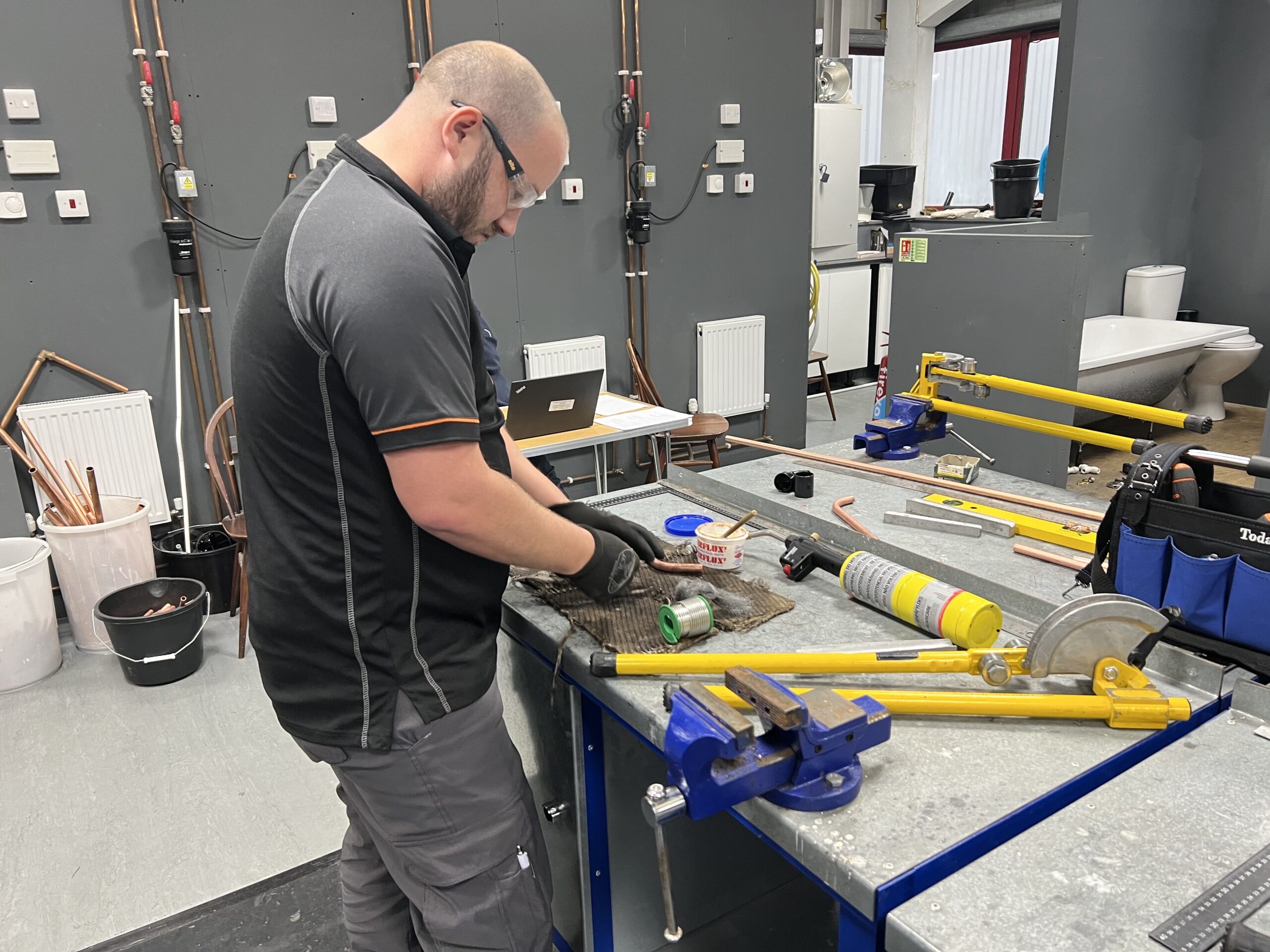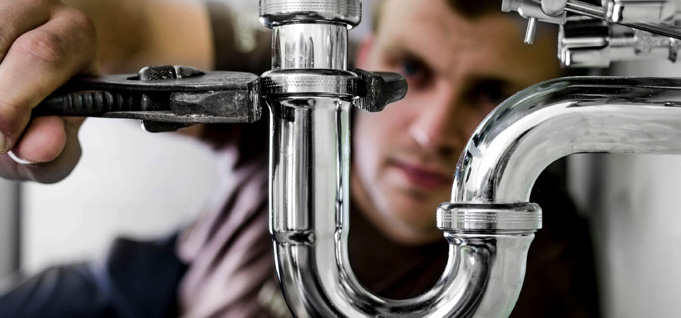A recent BBC report into the UK’s response to climate change, makes interesting reading. Government targets to cut carbon emissions to zero by 2050 require immediate action and those working in the building engineering sector can contribute in helping us get there.
Household and domestic energy use and private cars account for 48% of the UK’s energy consumption. They are therefore key targets in working towards a carbon neutral future and there are great opportunities out there to succeed in a career that that supports a more sustainable future for us all.
The rise of renewables
In May this year, Britain ran for just over a week on renewable energy with wind power providing the significant proportion of electricity we require. The rise of wind power has been key in recent emissions reductions and it’s impressive. There are now 10,000 turbines across the UK; 80% land-based and the remainder out at sea. The report says:
‘One of the things that almost everyone agrees on is that de-carbonising the power supply will need a mix of technologies. Wind, solar, biomass, nuclear, hydro will all play their part – as will increased storage and a smarter energy grid that matches demand and supply more efficiently.’
Air Source Heat Pumps
Air Source Heat Pumps are increasing in popularity, particularly for new-builds. They are three times more efficient than carbon-based alternatives and as long as zero-carbon electricity is used to power them, they produce no CO2 emissions at all. Electrical and gas engineers can up-skill by taking bolt-on qualifications to enhance their portfolio. Click here to find out more about our heat pump course.
Is Hydrogen the answer?
Figures show that 85% of homes with central heating are connected to the gas grid and in order to reduce emissions we need to find a greener alternative. Trials for the introduction of Hydrogen are looking promising. If we switched to Hydrogen, we could use our existing infrastructure for distribution and delivery to homes and it’s believed that boilers would only need minor adjustment to use the new fuel.
Gas installers will be best placed to up-skill into hydrogen, meaning entering this sector now is good move for anyone with their sights set on a future proof career. And, before hydrogen becomes a widespread reality, the phase out of gas is going to take a long time.
In short, we are going to need well qualified gas engineers over the decades to come – to help maintain existing gas systems and implement the new hydrogen network. Our Managed Learning Programme (MLP) is ideal for new entrants to the gas sector, particularly those with transferable skills, such as candidates working in related trades. To find out more about our gas qualifications and MLP, please click here
The road ahead
The rapid rise in the numbers of electric vehicles and hybrids on the roads is a positive move step towards meeting our zero emissions target. The government intends to ban the sale of petrol and diesel cars by 2040 and Ford recently said it would be producing more EVs than conventional cars by 2022. Electricians in the EV sector will be in high demand if we’re to provide a big enough charging network to support them all. Take a look at our EV Charging course here.
Climate change is not something we can shy away from. It is clearly a huge issue we have to face and you can be part of the solution by planning ahead and shaping your career to meet the demand.
To read the BBC’s report on climate change, ‘The Road to Clean Energy’ in full, click here









